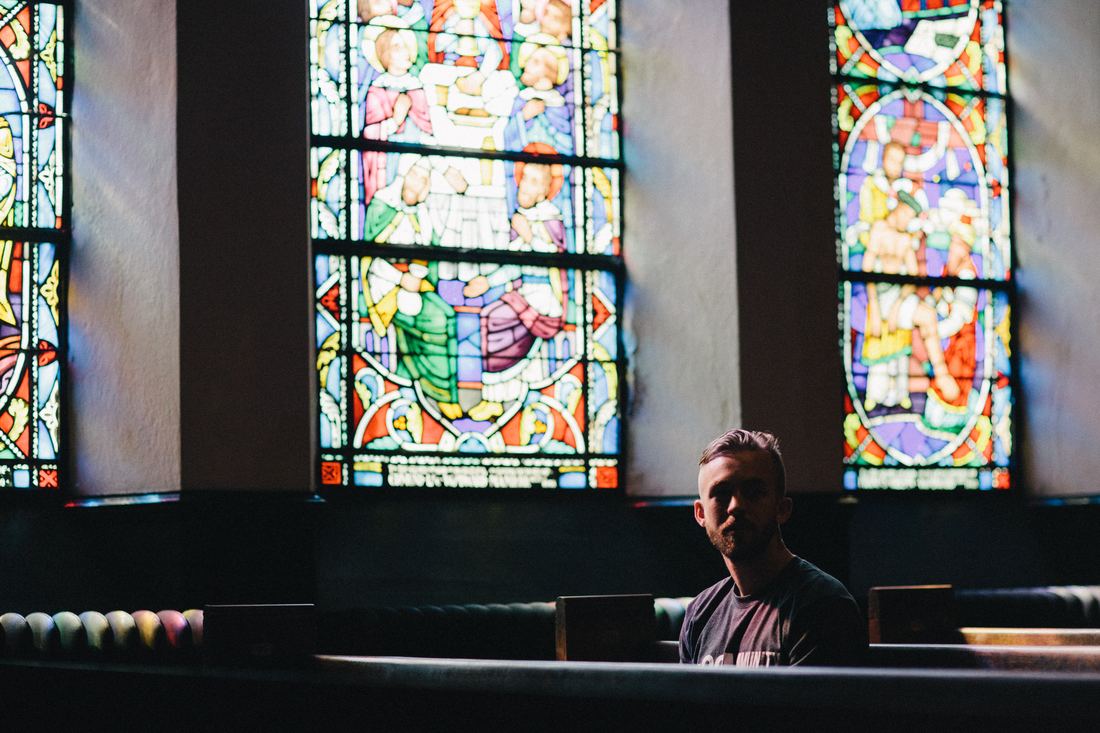- Liturgy and Community
-
Archive
- RCIA - The Power of Accompaniment
- Liturgy with Children and Teens
- Liturgical Music - Some Considerations
- A Co_Responsible Church
- Blessings
- Christ with us in the Eucharist
- Celebrating Advent
- Sacramental Preparation
- Mystery and Mission
- Conversion, Healing, Penance
- Desiderio Desideravi
- In Search of Peace
- Word of God Sunday
- Living Lent >
- Saints and Souls >
- Lay Liturgical Ministry >
- Music Matters >
- 50 Days of Easter >
- Saint Joseph >
- Christmas 2020 >
- Planning for Christmas 2020 >
- Signs and Symbols >
- Looking Forward >
- Eucharist as Living Memory >
- What have we learned from lockdown? >
- Celebrating Holy Week in COVID times >
- Solidarity and Unity >
- Preparing for Lent >
- Liturgy with Children >
- Praying For Rain >
- Christian Initiation >
- Season of Creation >
- Ordinary Time >
- Saints and Feasts >
- Eucharist >
- Altar Servers
- Ministers of the Word
- Children's Liturgy of the Word on Sundays
- Advent Issues >
- Liturgy Preparation
- Communion
- A pastoral map to baptism
- The Role of the Deacon
- Music Ministry
- Reconciliation
- Women Deacons, Music Choices and Lent
- Data Projectors
- The Christmas Season >
- The Year of Youth
- Should we celebrate Australia Day?
- Marriage
- Easter Triduum
- ANZAC Day
- Funerals
- The problem of translation
- Advent resources for families
- Subscribe
Proudly powered by Weebly

